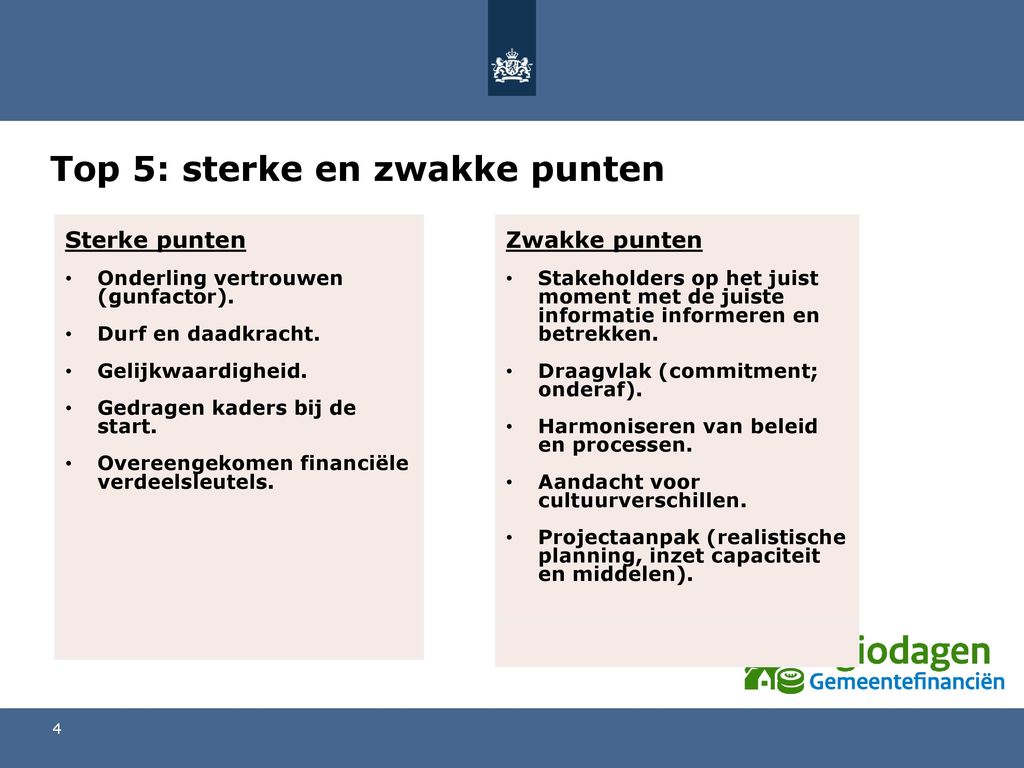Facing Retribution: The Consequences Of Challenging The Status Quo

Table of Contents
Types of Retribution Faced by Challengers
Those who challenge the status quo, whether through whistleblowing, voicing dissent, or actively opposing established norms, often face a range of repercussions. These consequences can be severe and far-reaching, impacting various aspects of their lives. Understanding these potential forms of retribution is the first step in mitigating the risks.
Professional Repercussions
Challenging authority within a professional setting can lead to significant career setbacks. These professional repercussions can include:
- Job Loss: Whistleblowers, in particular, often face immediate dismissal for reporting illegal activity or unethical practices.
- Demotion: A reduction in rank or responsibility can be a subtle yet effective form of punishment.
- Stalled Career Progression: Opportunities for advancement may be deliberately withheld or significantly delayed.
- Negative Performance Reviews: Unfair or inaccurate performance evaluations can damage an individual's reputation and hinder their career.
- Workplace Ostracization: Isolation and exclusion from team activities and important information are common experiences for those who challenge the status quo within their workplace.
Example: A junior employee who reports a senior manager's fraudulent activities might find their career stalled, receive negative performance reviews, and ultimately be dismissed, making it difficult to secure future employment in the same field.
Social Isolation
Challenging deeply ingrained societal norms or powerful institutions often results in social isolation. This can manifest as:
- Alienation from Colleagues: Those who speak out against workplace injustices may face ostracism from colleagues who prefer to maintain the status quo.
- Strained Family Relationships: Family members may disagree with an individual's activism or dissent, leading to conflict and estrangement.
- Public Shaming: In extreme cases, individuals may face public shaming and online harassment for challenging established power structures.
- Loss of Friendships: Individuals who challenge the status quo may find their friendships strained or broken as a result of their actions.
Example: An activist challenging discriminatory practices in their community might experience social pressure, alienation, and even threats from those who benefit from the existing system.
Legal Action
Those who challenge powerful entities often face legal repercussions, including:
- Lawsuits: Companies or individuals may retaliate with lawsuits alleging breach of contract, defamation, or other offenses.
- Harassment: Legal harassment, such as frivolous lawsuits or constant surveillance, can be used to intimidate and silence dissenters.
- Criminal Charges: In certain cases, individuals may face criminal charges for their actions, especially if they expose illegal activity.
Example: A journalist investigating corruption within a government agency might face legal threats, intimidation tactics, and even criminal charges from those implicated in the wrongdoing.
Reputational Damage
Retribution can severely damage an individual's reputation, both personally and professionally. This damage can occur through:
- Smear Campaigns: False accusations and negative publicity can be deliberately spread to undermine an individual's credibility.
- False Accusations: Individuals may be falsely accused of misconduct or wrongdoing to discredit their actions.
- Negative Publicity: Unfavorable media coverage or online attacks can severely tarnish an individual's reputation.
- Social Media Backlash: Online platforms can be used to spread misinformation and attack those challenging the status quo.
Example: A whistleblower's reputation can be systematically destroyed through carefully orchestrated smear campaigns, making it incredibly difficult to find new employment and leading to lasting personal and professional damage.
Economic Hardship
Financial consequences are a common form of retribution, leading to:
- Loss of Income: Job loss is the most direct consequence, but reduced work hours or opportunities can also significantly impact income.
- Increased Financial Burdens: Legal battles can lead to substantial financial burdens from legal fees and related expenses.
- Difficulty Securing New Employment: A damaged reputation can make it difficult to find alternative employment, even in unrelated fields.
Example: The legal costs associated with defending oneself against a powerful corporation can be crippling, leading to substantial financial hardship and long-term economic instability.
Minimizing the Risk of Retribution
While the risks associated with challenging the status quo are significant, there are steps individuals can take to mitigate these risks.
Strategic Planning and Preparation
Careful planning is crucial before taking action. This involves:
- Gather and Document Evidence: Thoroughly document all relevant information to support your claims.
- Build a Support Network: Create a network of trusted allies who can provide support and assistance.
- Seek Legal Counsel: Consult with legal professionals to understand your rights and potential legal ramifications.
- Develop a Contingency Plan: Create a detailed plan outlining potential scenarios and strategies for responding to various forms of retribution.
Understanding Whistleblower Protection Laws
Research and understand the legal protections available in your jurisdiction:
- Familiarize Yourself with Relevant Laws: Know the specific laws and regulations that protect whistleblowers and those who report wrongdoing.
- Understand Your Rights: Clearly understand your rights under these laws and how they might apply to your situation.
- Recognize Limitations: Be aware of the limitations of these protections and anticipate potential loopholes.
Building a Strong Support Network
Having a strong support network is essential:
- Confide in Trusted Individuals: Share your concerns and plans with trusted friends, family, or colleagues.
- Seek Advice from Mentors: Consult with experienced individuals who have faced similar challenges.
- Join Relevant Support Groups: Connect with others who have experience challenging the status quo and can provide valuable insights and support.
The Importance of Ethical Considerations
Maintaining ethical conduct throughout the process is crucial:
Ensuring Ethical and Legal Compliance
- Act with Integrity: Ensure that your actions are ethical and align with your values.
- Adhere to Legal Requirements: Comply with all applicable laws and regulations.
Transparency and Accountability
- Be Transparent in Your Actions: Clearly articulate your motivations and goals.
- Be Accountable for Your Decisions: Take responsibility for your actions and be prepared to justify them.
Conclusion
Challenging the status quo is a courageous act that can lead to significant positive change, but it is vital to understand the potential consequences and mitigate risks as much as possible. Facing retribution is a real possibility, and understanding the different forms it can take—from professional repercussions to social isolation and legal action—is crucial for preparation. By carefully planning your actions, building a support network, and understanding your legal rights, you can significantly reduce the risk while still advocating for what you believe in. Don't shy away from challenging the status quo, but approach it with informed strategy and a mindful understanding of the potential for retribution. Learn to navigate the complexities of challenging the status quo and become a responsible agent of change.

Featured Posts
-
 Hawaii Keikis Memorial Day Lei Making Poster Contest A Showcase Of Talent
May 25, 2025
Hawaii Keikis Memorial Day Lei Making Poster Contest A Showcase Of Talent
May 25, 2025 -
 Funeral Service For Hells Angels Member Killed In Crash
May 25, 2025
Funeral Service For Hells Angels Member Killed In Crash
May 25, 2025 -
 Todays Must See Tv And Streaming The Skinny Jab Revolution Black 47 And Roosters
May 25, 2025
Todays Must See Tv And Streaming The Skinny Jab Revolution Black 47 And Roosters
May 25, 2025 -
 News Corp A Deeper Look At Undervalued Assets
May 25, 2025
News Corp A Deeper Look At Undervalued Assets
May 25, 2025 -
 Stijgende Kapitaalmarktrentes En Een Sterke Euro Analyse Van De Huidige Markt
May 25, 2025
Stijgende Kapitaalmarktrentes En Een Sterke Euro Analyse Van De Huidige Markt
May 25, 2025
